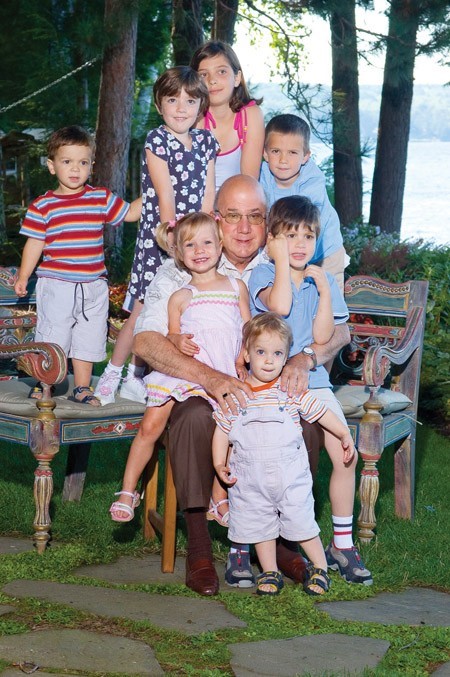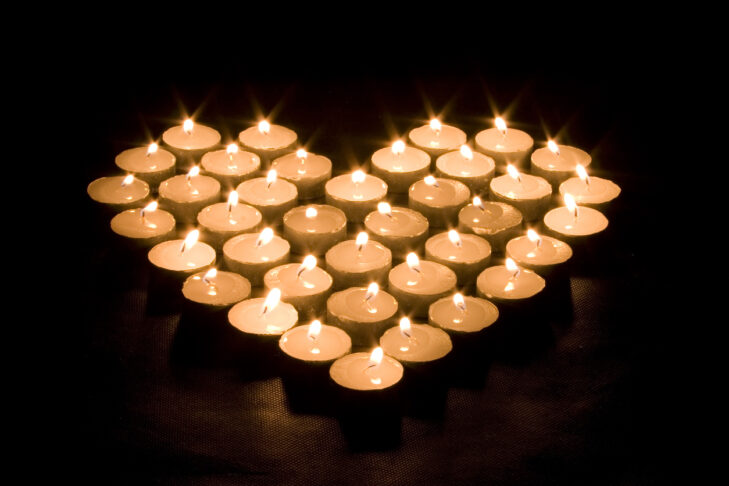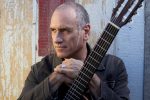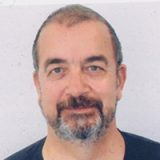Let me tell you about my friend Michael Rukin. The first cold, hard fact to know is that he died in 2011, on Feb. 18, a week after his 70th birthday. It’s been 10 years, but I still cannot take his name, number and email address out of my contact list.
There’s a lot to know about Mike, both professionally and personally. Born and raised in Brooklyn, he had that classic New York mix of toughness, love, intellect and perseverance. As a kid, his love of ham radio led to a bachelor’s degree in electrical engineering from City College. He got his master’s here in Boston from Northeastern and became an early entrepreneur in technology. He was a good businessman—he formed his first venture, Analytical Engineering Systems, in 1969 in Burlington. (Remember when Route 128 was called “America’s Technology Highway?” Maybe you don’t.) He understood the power of technology early on, and his business success paid off enough that he “retired” at 50. But, as his daughter Deborah told The Boston Globe after his death, he “allegedly” retired, “but I think we would all describe our dad as not a retiring kind of guy.”
Indeed. I can’t remember first meeting him, but I know it was through my temple in Sudbury. Mike was a Jew—an intellectual, probing, questioning Jew, and he found a mentor, teacher and close friend in Rabbi Lawrence Kushner, who was also my rabbi. Mike and I became friends. It was at a point in his life when Mike had turned his interests and activities to the Jewish world. And did he!
Over those “retirement” years, Mike gave his time, energy and money to a deep passion for Judaism and social justice. He was a board member at the Union for American Hebrew Congregations (now the Union for Reform Judaism); the Jewish Agency for Israel; the Council of Jewish federations; and the Jewish Funders Network. In the mid-1990s, he was chair of Boston’s Combined Jewish Philanthropies (CJP). A board chair of Hillel, he helped move the organization to a new independence and active involvement in college campuses across the U.S. He helped bring new life to the Jerusalem Center for Public Affairs. And as the chair of HIAS (the Hebrew Immigrant Aid Society), he was instrumental in both working to make the issue of Soviet Jewry a focus but also expanding HIAS’s work on behalf of all immigrants. He was an early advocate of interfaith issues in the Jewish community and established a legacy to support CJP’s interfaith efforts and supplied critical funding for InterfaithFamily.com (now 18Doors).
But that is a resume. Not the man. He applied his wisdom, his wealth and his commitment to those organizations, ideas and people he believed in. Ask his daughters; they will tell you. He was tough and opinionated. But he loved people and he loved life with people. He was a ready ear to hear your ideas and always had some wise suggestions—or the honesty to tell you that you were full of it. He was a wonderful father and grandfather. He was a lover of art and all things that flow from Jewish arts and culture. He had an enormous collection of paintings and glass art. I remember going to his Beacon Street condo and seeing what he’d accumulated on his latest trips; there were not enough walls to hang it all on, so there were stacks of paintings against stairwells and walls. He was a happy, regular attendant of the Boston Symphony, as well as a basketball fan. He loved his summer home on Lake Winnipesaukee.
Back in 2009, when my friend Joey Baron and I were forming the Boston Jewish Music Festival, I turned to Mike for advice and support. He was right there. He gave advice. He tried to help us raise money. I kept hocking him to join our board. He kept saying no, but he gave us money and he kept talking to me—he thought it was a great idea. He understood that the arts were a doorway into Jewish life and practice. Finally, when I called him at his Pompano Beach apartment where he spent winters, he agreed to be on our board. Two weeks later, he was dead.

It was a very cold day in February when we buried him in a Jewish cemetery in West Roxbury. We froze, and it was quiet except for the rabbi and cantor. That was fitting and yet odd, because Mike wasn’t a quiet guy.
Back when he was helping us, he told me he’d approached the son of a friend, reminding him of how that man’s father had attended symphony concerts together, and wouldn’t it be great to sponsor something for the Jewish Music Festival that honored his father? The younger man demurred. But after Mike’s death, that idea stuck in me. Why not honor Mike with something he loved? Why not create a concert in his honor?




